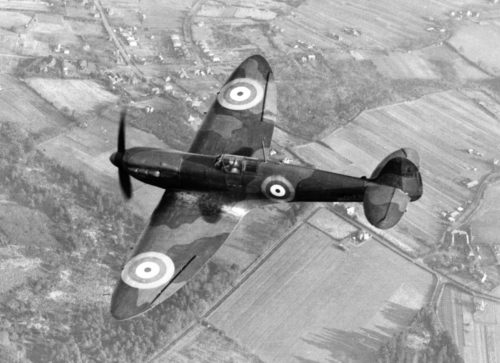It’s a complicated claim, given how fascism is based on constant deception and lying; yet the facts are in again that as an influence competition was being lost, the far more powerful armies would have benefited from earlier political support to declare war against rapidly expanding lies and aggression of fascism.
Caquet’s most potent argument, borrowed as well from Winston Churchill, is that in 1938 the Allies were in a much stronger military position than Germany. By virtually every measure, including the number of soldiers, ammunition, tanks and aircraft, he reveals, the combined armed forces of England, France and Czechoslovakia greatly exceeded those available to be deployed by the Nazis.
In 1938, Germany was only about halfway through its rearmament initiative, and remained somewhat constrained by restrictions in the Treaty of Versailles. France and Czechoslovakia alone could produce twice as many armored divisions than the Reich, following a general mobilization. German supplies of oil, iron and aviation lubricants sufficed for three months or less. German construction of battleships, aircraft carriers and submarines had just begun. German bombers lacked the range to effectively bomb Britain. And in 1938, Caquet points out, with Czechoslovakian forces on high alert, Germany could not launch a surprise attack. That the Allies did not call Hitler’s bluff and go to war, he implies, resulted from a lack of political will and not inferior military might.

See also: death camps described by an escapee in detail to London June 1942